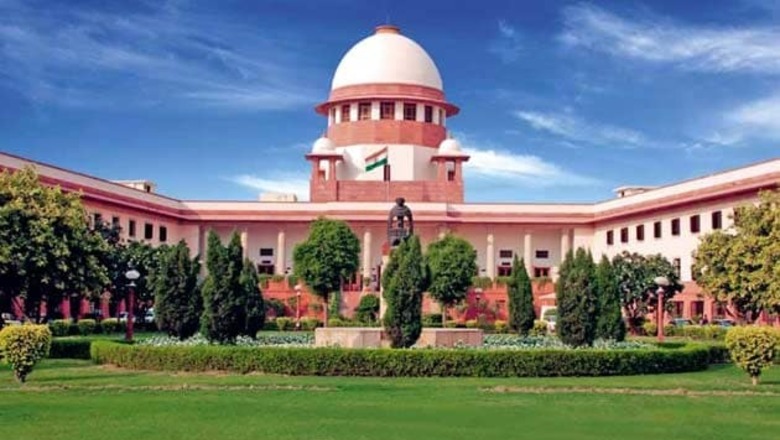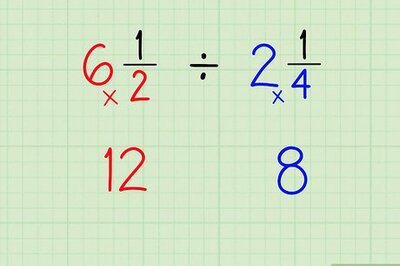
views
New Delhi: The Government on Thursday moved the Supreme Court seeking review of 2G spectrum scam verdict which held that sanction for prosecution of public servants can be sought even prior to filing of complaints.
It contended that "the question of sanction gets attracted only at the stage of cognizance after filing of complaint".
The Centre sought review of apex court's January 31 verdict which blamed the Prime Minister's office (PMO) for sitting on the plea to Prime Minister Manmohan Singh for granting sanction to prosecute former telecom minister A Raja in the 2G scam.
The Centre said it was not challenging the findings in the judgement on the locus but was seeking review for the "limited extent of correcting certain errors apparent in the judgement" as the remarks were also made against the officers of PMO who were not party to the litigation.
This included "the observations made by this court regarding certain unnamed officers of the PMO without them being parties to the list," the review petition filed by Centre's advocate TA Khan said.
Government also contended that there was error in the judgement passed by a bench of justices GS Singhvi and AK Ganguly (since retired) relating to the "scope of scrutiny by the competent authority of the request for sanction for prosecution."
Further, the Centre questioned the observations made by Justice Ganguly, who wrote a separate but concurring judgement, saying it comes in the way of fundamental rights guaranteed under Article 14 of the Constitution and is "legally untenable".
"In the absence of a time limit stipulated in section 19 of the Prevention of Corruption Act (PCA), the provision would violate Article 14," the petition said.
Further, the review petition said the interpretation made by the apex court on the provision dealing with grant of sanction under section 19 of the PCA in the judgement allowing the plea of Janata Party Chief Subramanian Swamy needs correction.
The Centre said that in the judgement, the apex court omitted to notice crucial portions of the judgements cited by it "which clearly show that the stage of sanction arises only at the stage of cognizance."
However, in the January 31 judgement, Justice Singhvi had held that "the argument of the Attorney General that the question of granting sanction for prosecution of a public servant charged with the offence, under the PCA arises only at the stage of taking cognizance and not before that, is neither supported by the plain language of the section nor the judicial precedents relied upon by him".
While contending that there were errors in the judgement written by Justice Ganguly, the Centre said "the conclusions in this regard that the question of sanction can arise at a stage anterior to the stage of cognizance and even before the filing of the complaint is in the respectful submission of the petitioner legally untenable".
The apex court in its January 31 judgement indicted the PMO but let off the Prime Minister lightly on failure to decide on prosecuting the then telecom minister A Raja in the 2G case.
It had also set a limit of four months for deciding the issue of sanction for prosecution of corrupt public servants.
The apex court had upheld the right of a private citizen to seek sanction for prosecution of a public servant for corruption.
Rejecting Attorney General GE Vahanvati's arguments, it had held that Swamy had the locus standi to seek sanction.
While blaming the PMO, it said that those who were "duty bound" to apprise the Prime Minister about the "seriousness" of the allegations to enable him to take appropriate decision in the matter "failed" to do so.
"Unfortunately, those who were expected to give proper advice to Prime Minister and place full facts and legal position before him failed to do so.
"We have no doubt that if the Prime Minister had been apprised of the true factual and legal position regarding the representation made by the appellant, he would have surely taken appropriate decision and would not have allowed the matter to linger for a period of more than one year," the bench had said.




















Comments
0 comment